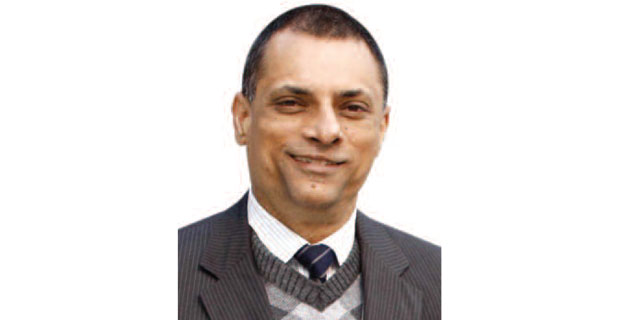Editor’s Desk
India’s relation with the African continent goes back a long way to the Bronze Age, some 4,000 years and more. Millet originally farmed in Africa was later discovered in the Indian subcontinent during the Indus Valley civilization. Incidentally, millet (Shree Anna) became the overriding theme at the G20 dinner served to heads of states on September 9, 2023 in New Delhi. At India’s initiative, the UNGA adopted an initiative to declare 2023 as the International Year of Millets.
Trade between African nations and India became a regular feature in the middle period. In modern times, the political connection with Africa was galvanized by Mahatma Gandhi’s success as the great non-violent leader, first in South Africa, and later in India. Today, Africa as a whole is a foreign policy priority for India. That includes strengthening and deepening political, diplomatic, economic, and security cooperation.
Crucially, the African Union—comprising 55 member states with an overall population of a little over 1.068 billion—was admitted as a permanent member of the G20 on September 9, 2023, drawing widespread acclaim and praise from global and African leaders who hailed India’s Prime Minister for his incisive and result-oriented leadership of the G20, the world’s largest economic platform.
In 2022-2023, India’s trade with Africa was around the USD 98 billion mark. Earlier in 2023, Foreign Minister S Jaishankar had expressed confidence that crossing the USD 100-billion mark remains only a matter of time. The 2022-2023 number constituted a 60 percent jump over the 2020-2021 trade figure registered during the COVID-19 period, without doubt a highly impressive feat. Also, around 5.2 percent of the African continent’s imports take place from India. Overall, India’s investments in sectors like telecommunications, energy, infrastructure, agriculture, and manufacturing in Africa have been on the rise.
Delving into the archives, one can find enough body of evidence to suggest that modern day African leaders were immensely motivated by Gandhi. Kwame Nkrumah, the first Prime Minister and President of Ghana in whose name a road runs through Chankyapuri—Delhi’s diplomatic enclave—had for instance, this to say: “After months of studying Gandhi’s (noncooperation) policy and watching the effect it had, I began to see that when backed by a strong political organization it could be the solution to the colonial problem.”
Nelson Mandela, South Africa’s first President in whose name also runs a road through Delhi’s Vasant Vihar-Vihar Kunj areas, was likewise deeply moved by Mahatma Gandhi’s philosophies. His Defiance Campaign in 1952 was inspired by Gandhi’s nonviolent noncooperation; he found it pragmatic enough while resisting the apartheid regime in South Africa. It is well-documented that many other African leaders were similarly inspired by India’s freedom struggle and the role played by Gandhi. To deepen our own connections, we’ve focused on this continent.
We’ve also profiled the Marwadi University in Gujarat and have interviews with its top management in our cover segment. Elsewhere in the magazine there are many stories of interest, particularly when it comes to India’s diaspora. We hope you enjoy navigating through the pages.
Sayantan Chakravarty
sayantanc@gmail.com
www.indiaempire.com











Comments.